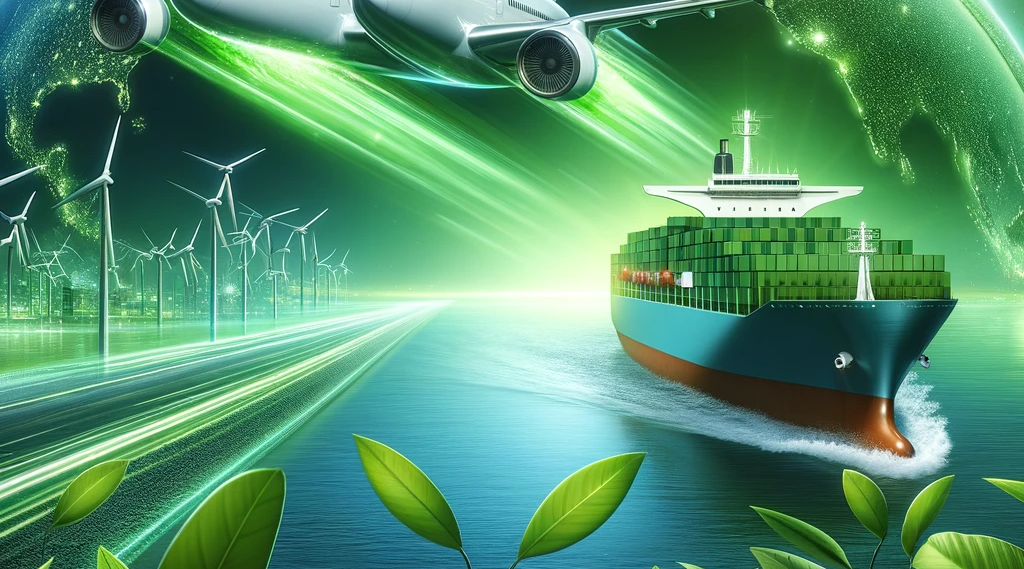
The Rising Tide of Biofuels: Powering the Future of Air and Sea Travel
As the world shifts towards electric cars, biofuels, which are fuels made from plants and waste, have been somewhat overlooked. However, in 2024, they could become important for powering airplanes and ships. This is a chance for big oil companies to use their refining skills for a cleaner purpose. Biofuels are great for reducing global warming; for instance, biodiesel can cut carbon dioxide emissions by 75% compared to regular diesel. Companies like Neste are leading in this field, using their expertise to produce less polluting fuels.
In March 2023, the European Union decided not to exempt biofuels from a 2035 ban on cars with combustion engines, worrying about the impact on the global food supply. At the same time, electric vehicles are becoming more popular, especially in China, where most heavy-duty trucks made in 2021 used lithium batteries.
Using electric batteries for big ships and airplanes isn't practical because they need a lot of power. This is where biofuels come in, especially sustainable aviation fuel (SAF) made from waste, which can handle very cold temperatures. SAF is a good option for aircraft since other clean energy sources like hydrogen and ammonia can be explosive or toxic. Using materials like castor beans instead of food crops for biofuels can also reduce concerns about food supply.
Right now, the market for Sustainable Aviation Fuel (SAF) is small, worth around 200 million euros. However, new global rules are expected to boost its use significantly. The EU's ReFuelEU Aviation initiative mandates that 70% of airline fuel be sustainable by 2050, and the U.S. aims for 100%. This could expand the market to 50 billion euros by 2030 and 500 billion by 2050. Countries like India and European nations, especially Italy, are gearing up to meet this growing demand.
Gathering enough materials for biofuels without affecting the food supply is a challenge. Experts think production might be less than some companies expect, but this could mean higher profits for biofuel businesses. Meanwhile, China, despite its rapid growth in electric transport, is behind in biofuel use. In 2024, Western countries could lead in this green technology area, where China hasn't yet made significant strides.

0 Comments